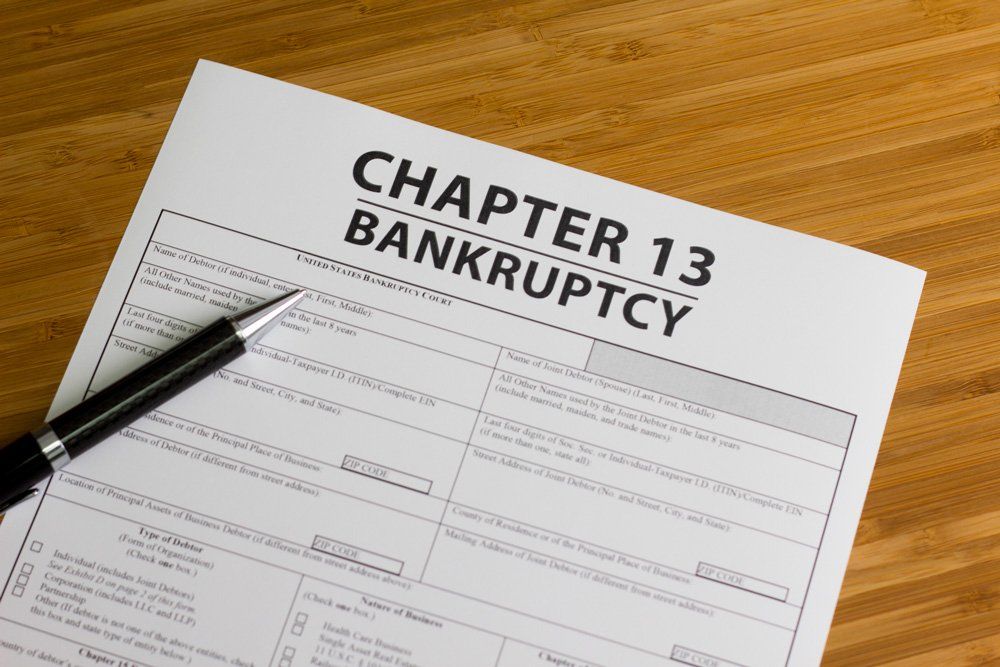What is Chapter 13 Bankruptcy?
A Chapter 13 bankruptcy
is better than a Chapter 7 bankruptcy in some instances. Chapter 13 is right for you if you are behind on your mortgage or car loan and want to make up your missed payments. Also, it is the best choice if you have debts that cannot be discharged in Chapter 7, have nonexempt property that you want to keep, or if you have a co-debtor on a personal debt. Call us today for more information.





